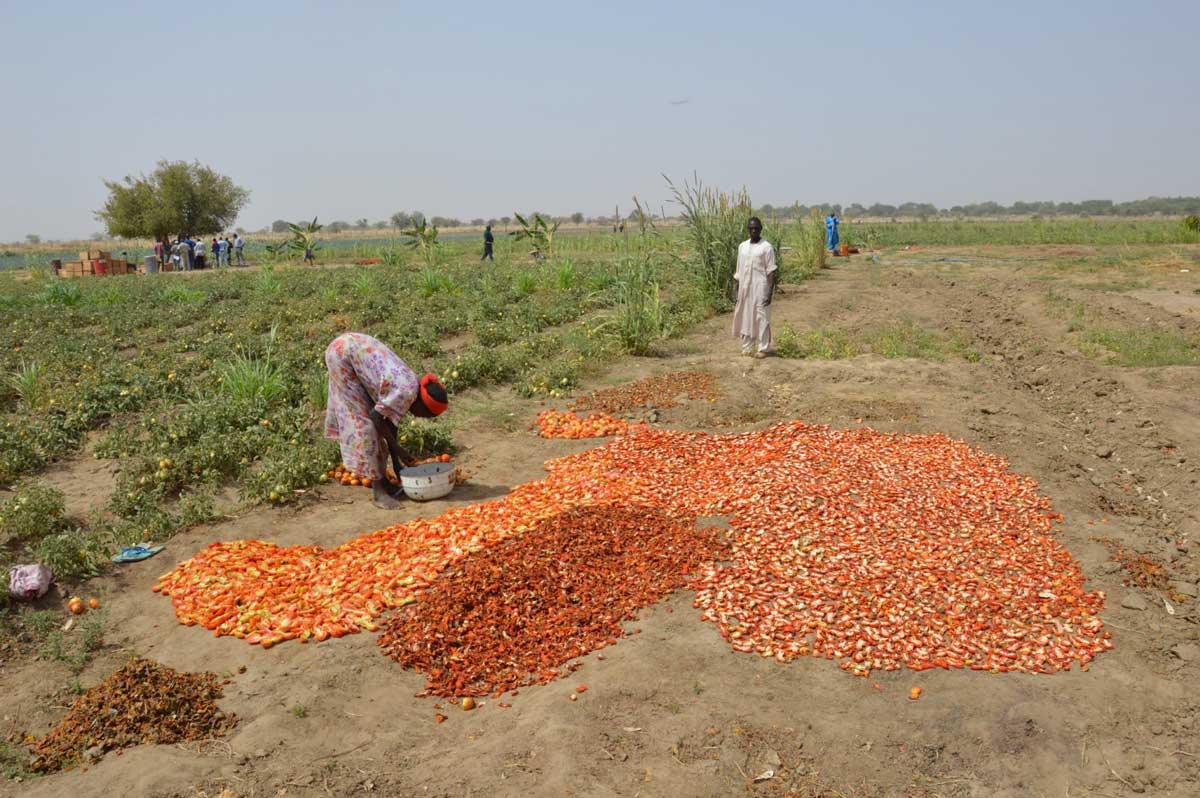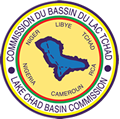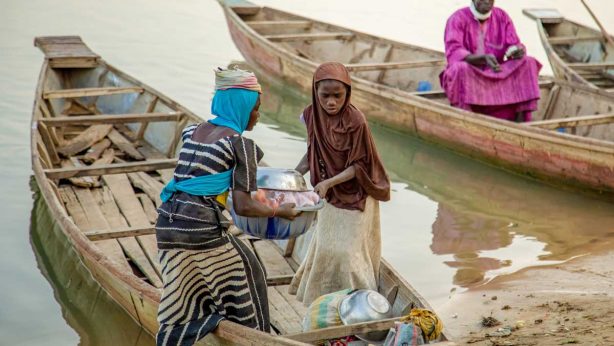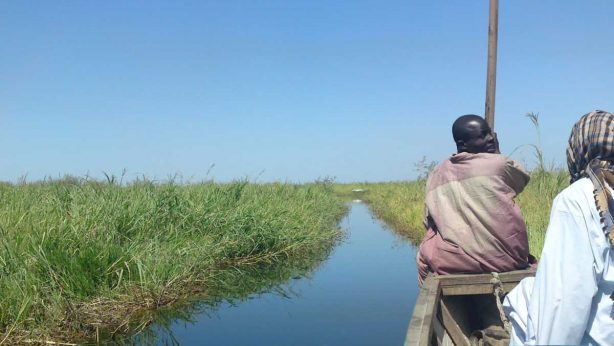GEF / PRESIBALT The Global Environment Facility For The Programme To Rehabilitate And Strengthen The Resilience Of Lake Chad Basin Systems (Presibalt)

CONTEXT
The fragility that characterizes the Lake Chad Basin stems from complex problems relating to intertwined environmental, security, social, economic, humanitarian and political issues. Food insecurity, natural resource degradation and a difficult humanitarian situation are being exacerbated by a changing climate. The scale of the problem requires a regional approach, including the improvement of socio-ecological systems. Within this context, the Bank proposed the Program to rehabilitate and strengthen the resilience of Lake Chad Basin systems (PRESIBALT), which is geared towards enhancing the resilience of vulnerable populations in Cameroon, Niger, Nigeria, Central African Republic (CAR) and Chad, who depend on the basin’s natural resources. The Lake’s surface area remains well below its “normal” level of 25,000 km² in the 1960s which is putting livelihoods at risk. This is further compounded by wind and water erosion, desertification, shrinking pastures, poorly valued production and inadequate governance of natural resources. The extreme vulnerability of the basin ecosystems and of communities requires development efforts to centre on rehabilitating the productive capacities of ecosystems; strengthening resilience in vulnerable segments of the population, especially women and youth; developing value chains; and establishing stronger regional cooperation. In May 2012, the GEF approved USD 20,313,084 for the Lake Chad Basin Regional Program for the Conservation and Sustainable Use of Natural Resources and Energy Efficiency (LCB-NREE), coming in as additional financing to AfDB investment in PRESIBALT (The PRESIBALT total program cost stands at UA 71.23 million, of which UA 53.82 million is from ADF resources).
PROJECT OBJECTIVE
Together, AfDB and GEF support will work to improve and sustain regional and national governance of the Lake Chad basin, integrated water resources management, institutional strengthening, monitoring and data, and livelihood interventions which reduce pressure on basin resources and ecosystems. Specifically, the GEF financed program will build on the PRESIBALT and address additional enabling conditions for the collective management of the Lake Chad transboundary water system and actions towards the sustainable and integrated management of basin natural resources.
COMPONENTS
one regional and five national projects.
The five projects at national level are primarily focused on reducing and reversing land degradation and deforestation, conserving basin biodiversity, and promoting renewable and low carbon energy alternatives that reduce pressure on ecosystems. Activities are in line with the GEF focal areas of Land Degradation, Biodiversity, Climate Change and Sustainable Forest Management.
The regional project, which falls fully under the GEF International Watersstrategy, is based on improving basin-wide governance and sustainability of basin ecosystem services, and promoting cooperation of this transboundary lake.
BENEFICIARIES
15.3 million people living in the Lake’s impact area of Cameroon, Chad, Niger, Nigeria, Central African Republic.
DURATION
PROJECT TOTAL COST
USD 20,313,084


